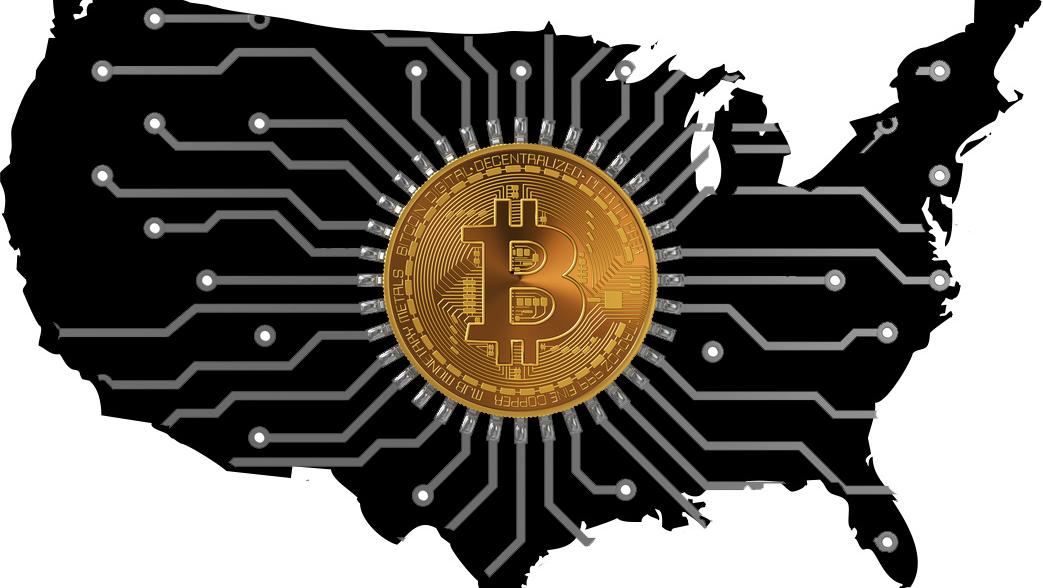PALO ALTO, Calif. (Reuters) - The Federal Reserve is taking a look at a broad range of issues around digital payments and currencies, including policy, design and legal considerations around possibly releasing its own digital currency, Guv Lael Brainard stated on Wednesday. Brainard's remarks suggest more openness to the possibility of a Fed-issued digital coin than in the past." By transforming payments, digitalization has the potential to deliver greater value and benefit at lower expense," Brainard said at a conference on payments at the Stanford Graduate School of Company.
Main banks worldwide are disputing how to manage digital finance innovation and the dispersed ledger systems used by bitcoin, which assures near-instantaneous payment at potentially low cost. The Fed is establishing its own round-the-clock real-time payments and settlement service and is presently evaluating 200 comment letters submitted late last year about the proposed service's style and scope, Brainard stated.
Less than two years ago Brainard informed a conference in San Francisco that there is "no compelling showed requirement" for such a coin. But that was prior to the scope of Facebook's digital currency aspirations were extensively understood. Fed authorities, including Brainard, have actually raised issues about consumer defenses and data and personal privacy dangers that could be positioned by a currency that might enter into use by the third of the world's population that have Facebook accounts.
" We are collaborating with other reserve banks as we advance our understanding of reserve bank digital currencies," she said. With more countries checking out releasing their own digital currencies, Brainard stated, that adds to "a set of reasons to likewise be ensuring that we are that frontier of both research and policy development." In the United States, Brainard stated, problems that need study include whether a digital currency would make the payments system more secure or simpler, and whether it could pose financial stability dangers, including the possibility of bank runs if money can be turned "with a single swipe" into the reserve bank's digital currency.

To counter the monetary damage from America's unprecedented nationwide lockdown, the Federal Reserve has taken unprecedented steps, including flooding the economy with dollars and investing straight in the economy. Many of these moves got grudging acceptance even from numerous Fed doubters, as they saw this stimulus as needed and something only the Fed might do.
My brand-new CEI report, "Government-Run Payment Systems Are Unsafe at Any Speed: The Case Against Fedcoin and FedNow," information the dangers of the Fed's existing strategies for its FedNow real-time payment system, and proposals for main bank-issued cryptocurrency that have actually been called Fedcoin or the "digital dollar." In my report, I go over concerns about privacy, data security, currency control, and crowding out private-sector competitors and development.
Proponents of FedNow and Fedcoin say the government needs to develop a system for payments to deposit immediately, rather than encourage such systems in the private sector by raising regulatory barriers. But as noted in the paper, the economic sector is offering a relatively limitless supply of payment technologies and digital currencies to solve the problemto the degree it is a problemof the time space in between when a payment is sent and when it is gotten in a bank account.
And the examples of private-sector development in this location are numerous. The Cleaning Home, a bank-held cooperative that has actually been routing interbank payments in different forms for more than 150 years, has actually been clearing real-time payments given that 2017. By the end of 2018 it was covering 50 percent of the deposit base in the U.S.